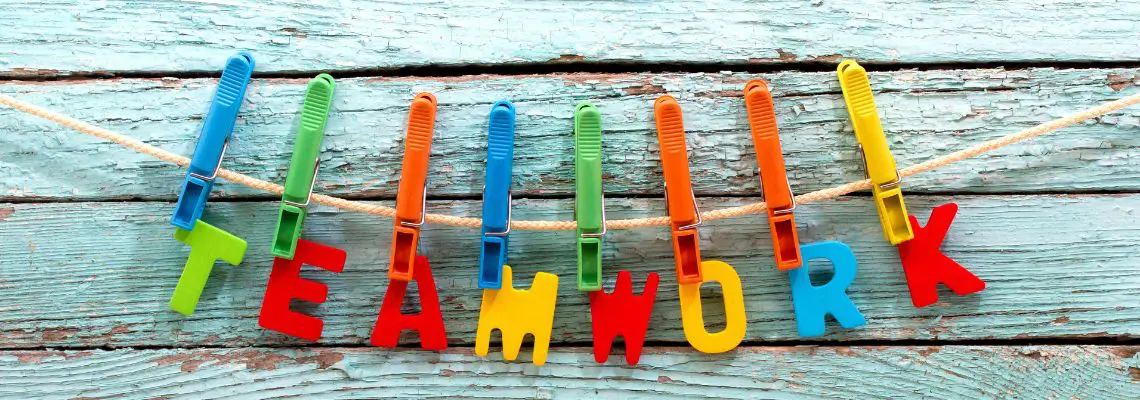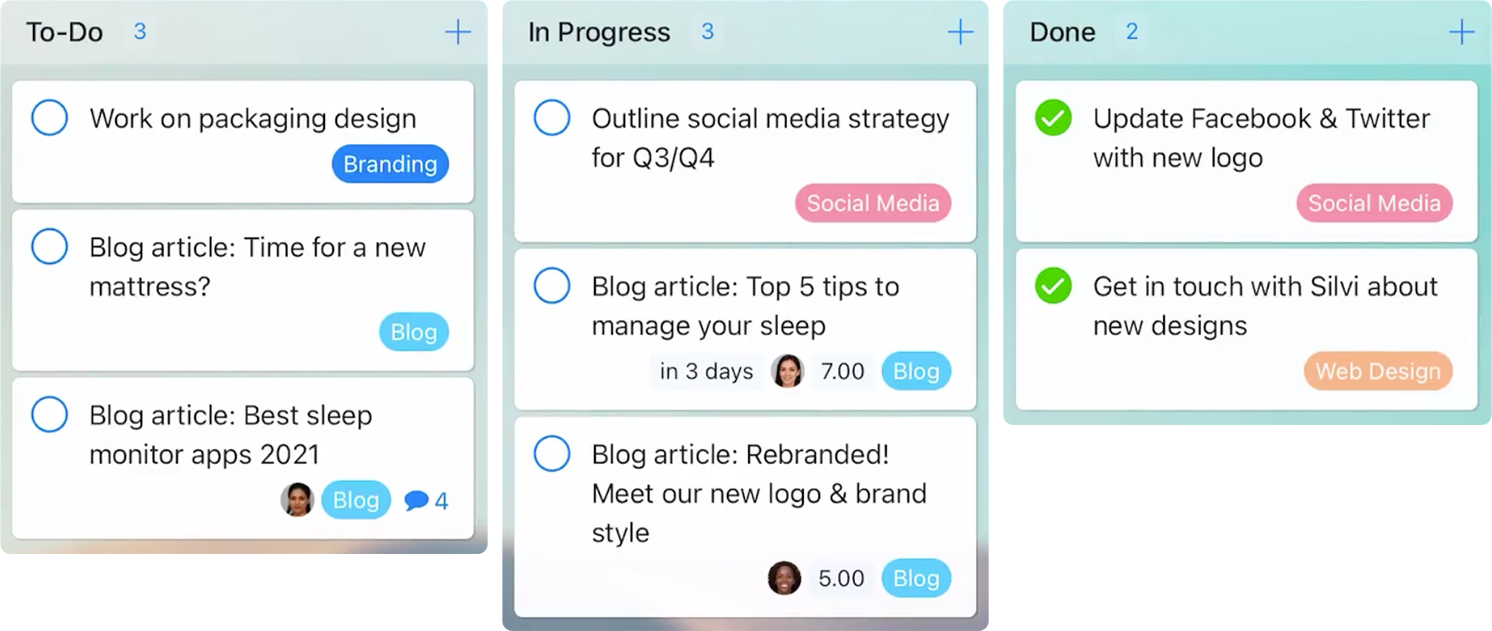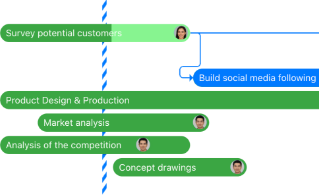Why Project Management Success Needs Good Teamwork
Project management won’t work unless the team does

It’s no secret that teamwork plays an imperative role in the success of project management. You rarely associate one without the other, so let’s figure out why.

The Importance of Teamwork
Teamwork can be best defined as “the process of working collaboratively with a group in order to achieve a goal.” It is about gathering together a group of individuals from different backgrounds in hopes that their collective talents, skills, and experiences will provide a more efficient and successful outcome.
A crucial aspect of any workplace, not only does successful teamwork benefit the group as a whole, but it can also enhance personal development for the individuals involved. Essential attributes of teamwork such as communication, commitment, providing support, and sharing ideas and responsibility are exercised and reinforced when working on teamwork projects. Once the project has been accomplished, members of the team can walk away with their improved skills and apply them elsewhere in their work or even personal life.
For teamwork to be achieved, there has to be great leadership in command. Teamwork can’t work without someone guiding the group, ensuring that everyone knows their role, and is on the same page. A leader, who is also usually the project manager as well, is also responsible for coordinating the activity amongst the group, as well as encouraging communication and collaboration.
Teamwork in Project Management
We all know that for teamwork projects to succeed, good project management needs to be implemented. While the practice of project management can be done solo, in order to achieve the plan’s purpose, it can’t happen without a team. Even after the initial project plans have been created, and the project activity has started, the project manager, too, has to engage in teamwork to accomplish a successful delivery. (You can see how one cannot work without the other)
The part that a project manager plays is that of a leader: to facilitate activity, delegate tasks, instruct the team, offer support, and ensure communication and collaboration is on point.

Don't let project management be a headache.
Get started with our easy-to-use project management software for free today!
Teamwork & Project Management Software
Using project management software not only streamlines the overall project process but can have an effective influence on teamwork. The software comes in various shapes and sizes that can cater to any type of team, regardless of the teamwork pricing allowance given for the tool or the type of project you are embarking on.
The advantage of using project management tools is that they can enhance productivity within your team. Most, if not all, tools offer a centralized platform where project documents and data can be kept and easily accessible to team members. This makes collaboration easier as you no longer have to send files back and forth via email or chat app.
Progress visibility is another benefit of using project management software. Because everyone’s tasks are displayed, accountability becomes evident as everyone can see who’s responsible for what. Gantt charts are especially good for this as they feature task dependencies, which is what manages the links between activities, setting them up in sequential order. Team members will have to communicate and work together to ensure that tasks are completed in the right order so as to avoid project disruption and delay.

How to Achieve Teamwork in a Project Management Setting
Tick these off your lists, and your team is on its way to making the dream work:
1) Ensure everyone is familiar with whom they’re working
If the project team consists of people from different departments or individuals who were newly recruited and placed together, set aside a time before the project starts for everyone to get to know each other. You could even introduce a teamwork project management tutorial that could help with the process. Knowing the people you are working with creates a better work environment, and it also means that people are less likely to be self-conscious to ask for assistance and/or advice.
2) …and that they know their value
Commitment plays a huge role in teamwork (and project management) success, and it can be an easy thing to neglect if you feel that your involvement holds no value. While there will be different roles with various levels and responsibilities, ensuring that every team member is aware of how important their job, and everyone else’s, is to the project can strengthen commitment towards the team and the project’s objectives.
3) Teamwork overview is transparent
Unless people know what the project’s objectives are, then working towards something en masse may be a bit of a challenge. A clear overview of what is expected from everyone individually and as a group not only highlights their obligations but also gives meaning to the project.
4) Communication is accessible
Using project management software means that there is a teamwork app available for members to utilize and connect with each other. Access to instant communication provides quick assistance for anyone needing help with their work and also ensures that any bumps on the road can be swiftly taken care of. A common key attribute for both teamwork and project management neither would be accomplished without communication.
5) Sufficient training is provided
Making sure everyone involved in the project is adequately trained in using the chosen project management software is imperative to the delivery. A tool like Zenkit is not only user-friendly with its customizable views, and add-ons that help you cut through the clutter and collaborate better, but it includes customer service so you have assistance whenever it is needed. Ensuring that the whole team is well-versed in the centralized project software means that progress can be tracked, updates and changes are notified, any issues can be rectified promptly, and communication between team members is accessible.
Final Thoughts
Bringing people together to work collectively is no longer a choice but a necessity for any project-based endeavours. We all now know that successful project execution relies heavily on great teamwork software and teamwork itself— how the different skills, expertise, and personalities of a group of people can work together harmoniously to achieve project management’s purpose.
As always, we’d love to hear about your experiences with team projects! What were the obstacles your team had to overcome? Did the experience enhance your personal development? Let us know in the comment section below!
Cheers,
Dinnie and the Zenkit Team
FREE 20 MIN. CONSULTATION WITH A PROJECT MANAGEMENT EXPERT
Wanna see how to simplify your workflow with Zenkit in less than a day?
Book a Live Demo
Great article! At our company, we share a similar vision, with a strong emphasis on producing assets—targeting 50% of our invested capital in active mines and facilities. We also recognize the importance of securing future production through development (3-5 years timeline) and exploration, allocating 30% and 20% of our capital accordingly. It’s all about maximizing value and ensuring sustainable growth for the industry. Looking forward to seeing more insights like this!
Thank you so much for the highly valuable input, silver! ☺